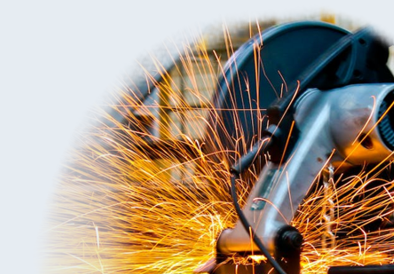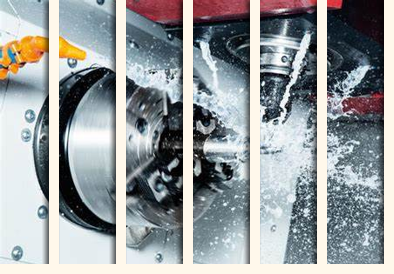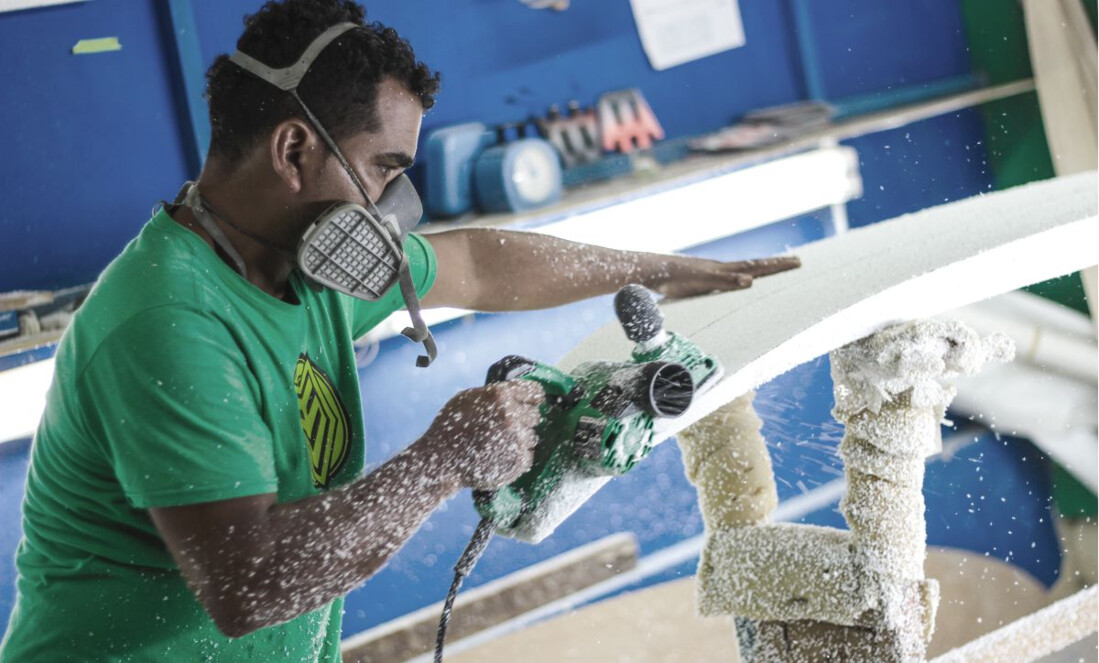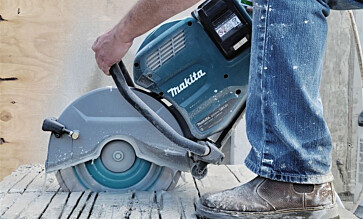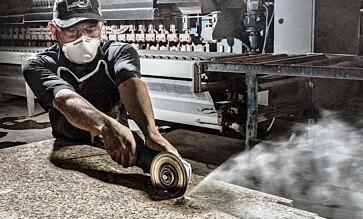In the stone-working industry, prioritizing the safety and well-being of workers is paramount. Whether handling natural stone fabrication, installation, or maintenance, the use of appropriate Personal Protective Equipment (PPE) plays a crucial role in minimizing potential hazards and ensuring a safe working environment. In this blog post, we'll explore the importance of PPE for stone workers and provide a comprehensive guide to the essential protective equipment to safeguard against common risks.
Understanding the Importance of PPE
Personal Protective Equipment serves as a critical defense against various occupational hazards in the stone industry. Here are key reasons why PPE is of utmost importance for stone workers:
- Injury prevention: PPE provides essential protection against physical injuries caused by falling objects, sharp edges, abrasion, and impact. It acts as a barrier between the worker and potential hazards.
- Respiratory health: Dust and airborne particles generated during stone cutting, grinding, and sanding operations can lead to respiratory issues. Proper respiratory protection helps prevent inhalation of harmful substances.
- Eye and face protection: Stone workers are exposed to flying debris, splashes, and particles that can cause eye injuries and facial trauma. Eye protection such as safety glasses and face shields are vital in mitigating these risks.
- Hearing conservation: The stone industry involves loud machinery and equipment, leading to potential hearing damage. Proper ear protection, such as earplugs or earmuffs, helps safeguard against noise-induced hearing loss.
- Hand and arm safety: Working with sharp tools, machinery, and heavy materials puts hands and arms at risk of cuts, punctures, and fractures. Gloves, arm guards, and cut-resistant sleeves offer crucial protection in these situations.
- Slip, trip, and fall prevention: Stone workshops and construction sites often have slippery surfaces and uneven terrain. Slip-resistant footwear and appropriate fall protection gear can help prevent serious accidents.
Essential PPE for Stone Workers
To ensure comprehensive protection, stone workers should use the following essential PPE:
- Eye and face protection: Safety glasses with side shields or goggles should be worn at all times to safeguard against flying debris, particles, and chemical splashes. Face shields provide additional protection for tasks with a higher risk of facial injury.
- Respiratory protection: Respirators, such as N95 dust masks or respirators with higher filtration capabilities, are essential for filtering out harmful dust and particulates. Use respiratory protection when working with stone cutting, grinding, or sanding equipment.
- Hearing protection: Earplugs or earmuffs should be worn in noisy work environments to prevent hearing damage. Ensure the hearing protection used provides adequate noise reduction for the specific noise levels encountered.
- Hand and arm protection: Durable work gloves, such as cut-resistant gloves, protect against cuts, abrasions, and punctures. Arm guards or cut-resistant sleeves offer additional forearm protection for specific tasks.
- Slip-resistant footwear: Sturdy, slip-resistant work boots or shoes with reinforced toe caps provide stability and protect against potential foot injuries from heavy objects or falling debris.
- High-visibility clothing: In construction or outdoor settings, wearing high-visibility vests or clothing enhances visibility and reduces the risk of accidents involving moving vehicles or equipment.
Best Practices for PPE Usage
Adherence to proper practices is crucial to ensure the effectiveness of PPE. Consider the following guidelines:
- Regular inspection: Inspect PPE before each use to ensure it is in good condition, free from damage or wear. Replace any damaged or worn-out equipment promptly to maintain its effectiveness.
- Proper usage: Follow the manufacturer's instructions for wearing and using PPE correctly. Ensure a proper fit and secure fastening to maximize protection. Avoid modifying or altering PPE as it may compromise its functionality.
- Training and awareness: Provide comprehensive training to stone workers on the proper selection, usage, and maintenance of PPE. Foster a culture of safety awareness, encouraging workers to prioritize their own protection and the safety of others.
- Regular maintenance and replacement: Clean and maintain PPE according to the manufacturer's guidelines. Replace worn-out or expired equipment as needed to ensure ongoing protection.
- Risk assessment and adjustment: Continually assess the work environment for potential hazards and adjust PPE usage accordingly. As tasks or conditions change, reassess the suitability of existing PPE and make necessary adjustments to ensure adequate protection.
By following these best practices, stone workers can maximize the effectiveness of their PPE and significantly reduce the risk of occupational injuries and illnesses.
Once again, we emphasize the importance of prioritizing safety and making PPE an integral part of every stone worker's routine. Your health and well-being are invaluable, so never compromise when it comes to protective measures. If you have any further questions or need additional guidance regarding PPE for stone workers, don't hesitate to seek advice from safety professionals or consult relevant industry guidelines.
Conclusion
The use of Personal Protective Equipment (PPE) is essential for stone workers to mitigate occupational hazards and create a safe working environment. By understanding the importance of PPE in injury prevention, respiratory health, eye and face protection, hearing conservation, hand and arm safety, and slip, trip, and fall prevention, stone workers can prioritize their well-being.
When it comes to essential PPE, stone workers should invest in eye and face protection, respiratory protection, hearing protection, hand and arm protection, slip-resistant footwear, and high-visibility clothing. Additionally, following best practices such as proper selection and fit, regular inspection, adequate training, and maintaining a safety-conscious work culture are vital for maximizing the effectiveness of PPE.
Remember, PPE is not just a requirement; it is a commitment to personal safety and the well-being of every stone worker. By embracing PPE and incorporating it into daily work practices, we can create a safer environment for everyone involved in the stone industry.
Stay protected, prioritize safety, and safeguard your most valuable asset—yourself. If you have any further questions or need additional guidance regarding PPE for stone workers, don't hesitate to seek advice from safety professionals or consult relevant industry guidelines.



